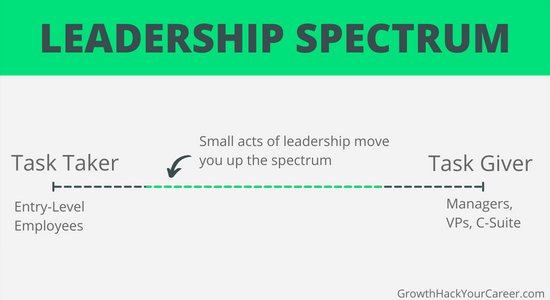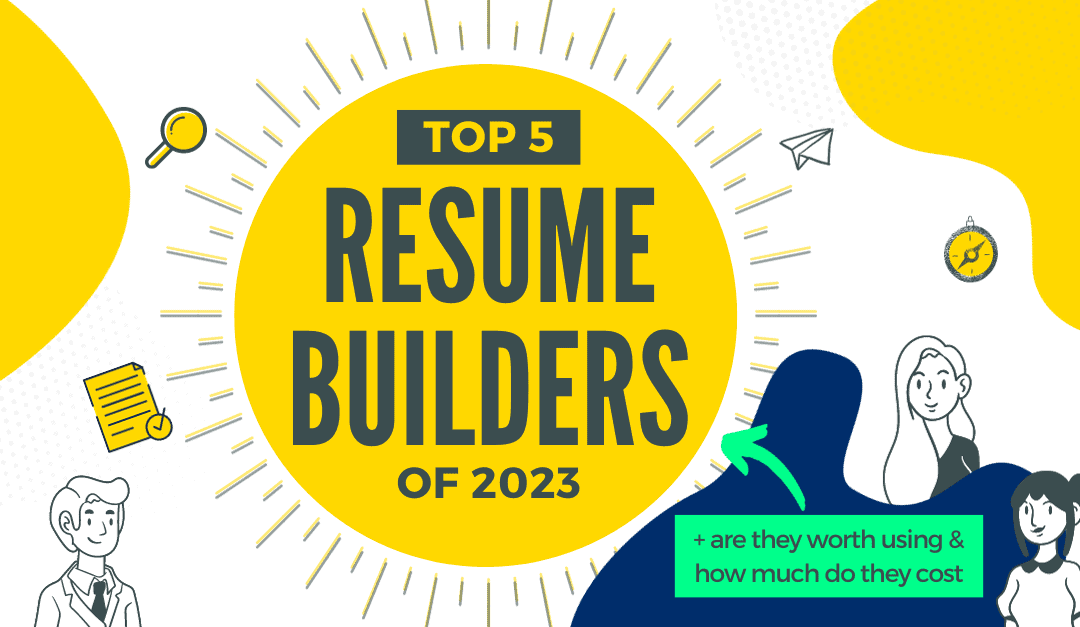
How to Get a Job Promotion Faster by Impressing your Manager with these Super Simple 1:1 Hacks
According to studies, the average person gets a job promotion once every 3 years. Which is fine, if you want to be average.
But what if you are or want to be a top performer?
According to research, top performers tend to get a job promotion much faster than most of their peers.
👉 The average number of years before promotion for top performers is about every 1.5–2 years.
A common mistake that many talented employees make, however, is thinking that getting a job promotion is just a matter of working harder.
This simply isn’t the case.
Getting fast-tracked for a job promotion is actually a lot more about doing a number of strategic actions that help you stand out from your peers.
👉 In this post, I’ll break down 3 unique actions that you can do during your one on one meetings with your manager that are proven to get you a job promotion faster.
We’ll discuss:
- How to create an impactful agenda for your 1:1 meetings
- How to show off your accomplishments in your 1:1 meetings
- And how to appear “smarter” in your 1:1 meetings
Alright, let’s jump in!
Why one-on-one meetings are important
Before we dive into how to use your one-on-one meetings to get promoted, we should first define what a one-on-one meeting is.
A one-on-one meeting (also known as a 1:1) is simply a weekly or monthly meeting between you and your direct manager.
This meeting is incredibly important because it is one of the few times that you can showcase your value as employee.
👉 Unfortunately, most people miss this opportunity.
I know I certainly did.
A few years ago I was working at a Fortune 500 company. I was working super hard and trying to do all the right things. Delivering projects on time, exceeding goals, helping out in other departments, you name it.
And what did I have to show for it after 2 years?
Nothing.
👉 I didn’t get a job promotion. I didn’t even get a 10/10 performance review.
A lot of people who don’t get promoted get angry that their managers don’t see their value and, more often than not, they end up quitting because of it.
Getting a promotion has a lot less to do with your manager and a lot more to do with how you show up to your one-on-one meetings.
But that’s enough preamble, let’s dive into the top three most important things you should do in one-on-one meetings to guarantee you’ll get that job promotion:

1. Always come with an agenda
At its essence, a job promotion is really just an adjustment in leadership.
In any line of work, when you begin your career you’re largely a task taker. That means that your manager will assign you a set of tasks and you’ll be in charge of executing those tasks.
At the other end of the spectrum, when you’re a VP for example, you’re a task giver. You’re in charge of choosing tasks and assigning them to those around you.

So what do you do if you find yourself on the lower end of the spectrum?
The key, as it turns out, is to start demonstrating leadership in small quantities every single week. An easy way to do this is by taking control of your one-on-one agenda with your manager.
In a recent post on LinkedIn, Michael Hone, who is a Vice President, gave these three pieces of advice:
“Have a running punch list of items to review with your boss/senior leaders and own the agenda. Be proactive and even preemptive on business issues. Increase your visibility by taking on additional projects or responsibilities and add those to the punch list — over time it can lead to promotions you’ve never thought of!”
As a manager myself, I can confirm that the employees who stand out the most are the ones who proactively take control of their job responsibilities.
Creating an agenda for your one-on-one meetings is an easy way to demonstrate leadership, and it should be your first step to secure that job promotion.

2. Provide status updates that feature metrics
Most employees know that they should provide status updates during their one-on-one meetings.
But when was the last time you provided metrics during your one-on-one meeting?
Once a month? Once a quarter?
Most of us, myself included, tend to save our metrics for a big quarterly report or some other big presentation.
But, according to career expert Sarah Johnston from Briefcase Coach, this can be a huge missed opportunity.
Sarah explains:
“Learning how to quantify your efforts and succinctly explain how you are impacting the bottom line is a skill. I see even very senior executives struggle with this concept, but it’s imperative to start quantifying your success with your manager. For example you could say: “‘Just want to let you know, we are already 3% ahead of last quarter. We did X and Y differently and it seems to be paying off.’”
I know that getting metrics can be hassle, especially if they’re not readily available. But, putting in the extra 20 minutes to track down some interesting metrics can pay off big time.
Career coach Nikki Ryberg recently echoed this in a LinkedIn post:
So many times I hear, “I don’t have access to metrics.” See if you can get access or some type of data point to keep track of. You’ll be so thankful later you did, and it will be amazing training for you to see the business connection too.
Remember that you can also use these metrics to create great bullet points for your resume, which can lead to big promotions in the form of a new job.
Just imagine that extra 20 minutes could land you $20k or more someday.

3. Ask for advice
The final way to increase your chances of getting a job promotion is actually a little bit counter-intuitive.
When I was younger, I always believed that the key to impressing my boss was by showing how proficient I am in everything I do.
However, job search experts and researchers have found that this isn’t actually true.
According to Harvard Business School professor, Alison Wood, people who ask for advice actually seem smarter than those who don’t.
A recent article in Scientific American explained why this is the case:
"Our research suggests that the instinct to not seek advice is wrong. Fears about appearing incompetent by asking for advice are sorely misplaced.
When you ask for advice, people do not think less of you, they actually think you’re smarter. By asking someone to share his or her personal wisdom, advice seekers stroke the advisor’s ego and can gain valuable insights. In their minds, advisors actually think, “I’m brilliant (of course), so this guy’s smart for asking for my advice.”
At the end of the day we’re all human, including your manager, and we all want to feel like our opinion matters.
In addition to making your manager feel good, asking for advice also has additional perks.
According to Sarah Johnston, seeking advice during your one-on-ones can also help get your manager on your side when it comes to your projects.
Sarah explains, “when you ask someone for advice, they become more invested in the success of your project.”
Takeaways & Next Steps
One-on-one meetings provide a unique opportunity to stand out from your peers and can fast track you to a job promotion.
Rather than showing up to your one-on-ones and mindlessly sharing updates, next time try coming with an agenda, sharing some quantifiable achievements, and ask for a bit of advice about what you could be doing better.
Doing this throughout the year will greatly boost your chances of getting a job promotion when annual review time comes around. And, if you know how to negotiate a higher job offer, those promotions will quickly start rolling in.
Get 1-on-1 Help
Need to land your job ASAP? Fast forward your job search with some 1-on-1 help! 👇
More from the blog:

Best Resume Builders of 2023 (Pros & Cons + Prices)
Modern resume builders use AI, ATS-friendly templates, and active recommendations to help you build your perfect resume faster than ever before. In this post we’ve rounded up the 5 best resume builders of 2023.
How to Beat the ATS in 25 Minutes | The Ultimate Guide
In this guide I’ll show you how to beat the ats (applicant tracking system), plus I’ll give you 2 ATS-friendly resume templates and a free tool to test if your resume is ATS-friendly.
Like this? Try our free courses!
Tired of sending your job applications into a black hole and never hearing back? Get hired faster with our guided courses all for FREE!
Bogdan Zlatkov is the Founder of GHYC and author of "The Ultimate Guide to Job Hunting", ranked #1 on Google. He has been featured in the Wall Street Journal, Fast Company, HR Dive, and more. At GHYC, Bogdan creates job search courses & tools by working with award-winning career coaches, best-selling authors, and Forbes-Council members. Prior to GHYC, Bogdan led the content programs at LinkedIn Learning.